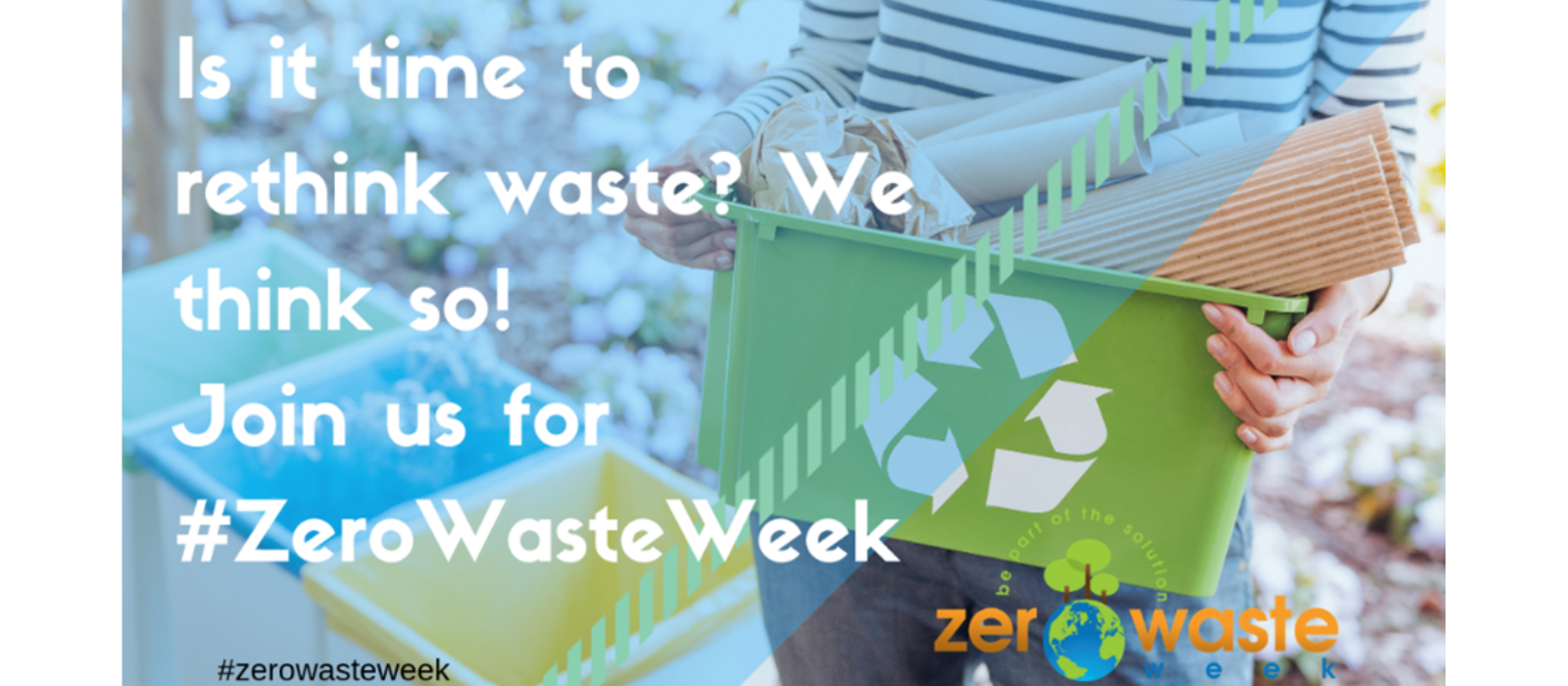
Zero Waste Week is an annual campaign that raises awareness about the environmental impact of waste and encourages individuals, businesses, and organisations to reduce their non-recyclable waste.
Rachelle Strauss established Zero Waste Week in 2008. The idea stemmed from her passion for sustainability and her terrifying personal experience in a flooding natural disaster in Southwest England.
Rachelle hopes that Zero Waste Week can be used as a way to educate people on how to easily and effectively reduce landfill, save money and participate in the circular economy, in line with the Global Goals for sustainable development.
Read more about Zero Waste Week here and how you can contribute towards Rachelle’s efforts.
Why should we reduce our waste?
- Over 1/3 of the produce that we buy is wasted while people around the world go hungry.
- Landfill in the UK accounts for 25% of all methane gas emissions.
- Landfill worldwide accounts for 5% of overall greenhouse gas emissions.
- The burning of material in landfill sites releases toxic gases, such as ammonia and hydrogen sulphide. This pollutes the air and when inhaled can lead to serious health problems for humans and animals.
- Toxins from slowly decomposing materials can leach into the ground and contaminate soil and water and damage ecosystems.
Top tips for reducing your waste during Zero Waste Week:
1. Reduce Single-Use Items
- Take a re-usable bag to the supermarket.
- Get a re-usable bottle for water and bring a re-usable coffee cup for your morning coffee.
- Say no to plastic straws and cutlery.
2. Recycle Properly
- Know your local recycling rules.
- Rinse and sort your recyclables according to local guidelines.
3. Minimise Food Waste
- Planning meals ahead and not over-shopping.
- Store food correctly to extend shelf-life.
- Use leftovers.
4. Choose Sustainable Products
- Eco-friendly packaging.
- Reach for natural cleaning products
5. Reduce Paper Use
- Minimise toilet paper use where possible.
- Use reusable cleaning cloths instead of paper towels.
- Opt for digital versions of documents, tickets, receipts and so on.
Implementing even a few of these tips can make a significant impact on reducing waste and promoting a more sustainable lifestyle.




